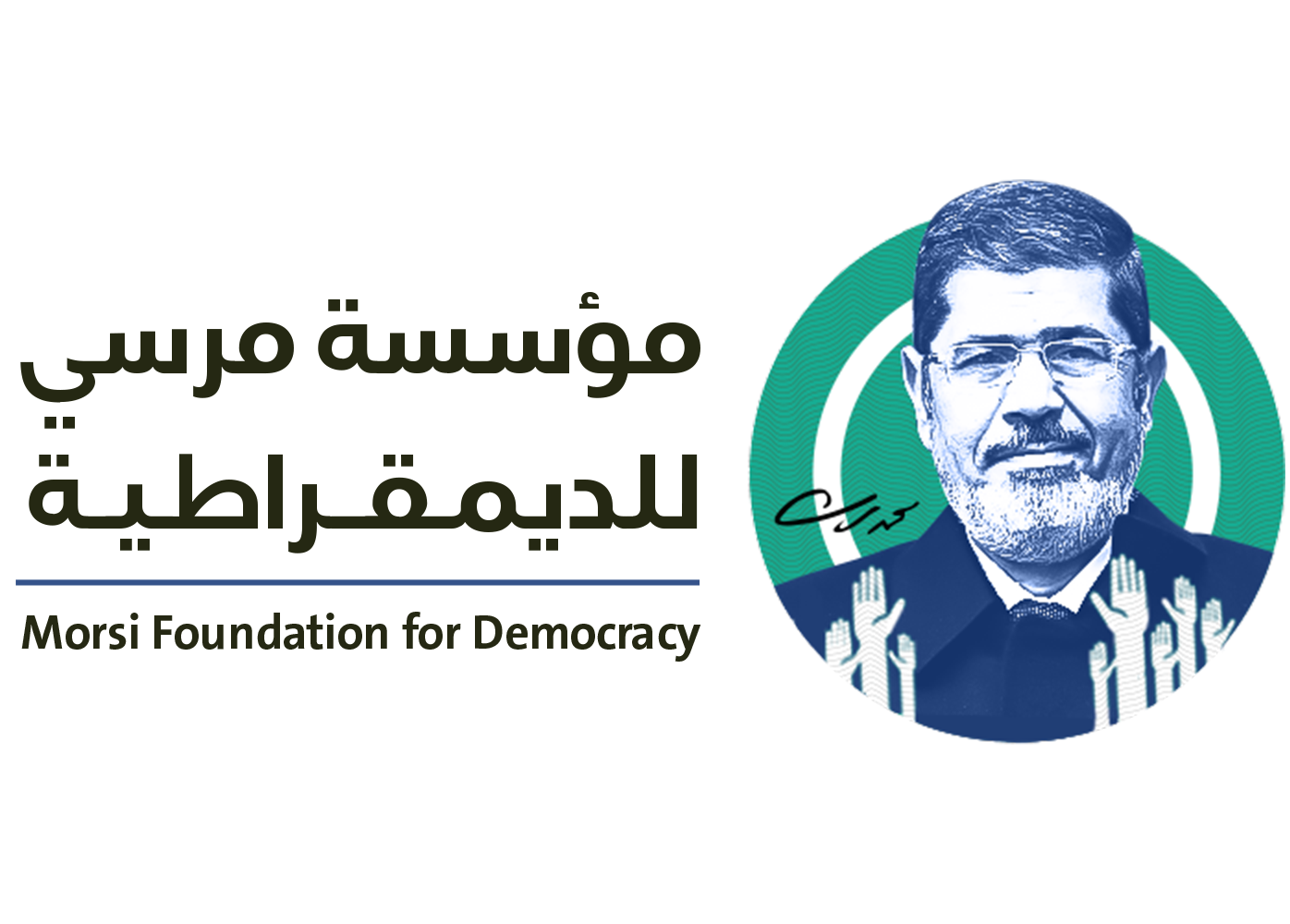On Sunday, Turkish President Recep Tayyip Erdogan topped the results of the first round of the presidential elections by obtaining 49.5% of the vote, and there are 5 lessons that can be learned from these elections.
The economy “doesn’t matter” much
He expected that the fall of the Turkish lira, which pushed inflation to 85% in the fall, would have the effect of pushing Turkish voters to vote against Erdogan.
However, the Turkish president – who raised the minimum wage 3 times during the year – intensified his election campaign promises, including doubling the salaries of public sector employees.
These measures have convinced a segment of the electorate in a country where “the economic vote is not as important as commentators think,” says researcher in political science at Sabanci University in Istanbul Berke-Essen.
To get the economy back on track, the opposition promised to raise interest rates to bring inflation below 10% “within two years”.
Professor of international economics, Umit Akcay, believes that these promises of the opposition “did not arouse enthusiasm among people who are facing difficulties in the first place.”
The Kurdish vote is not enough for the opposition
“It is the Kurdish vote that explains the good result of the opposition,” says Yohanan Benhaim, opposition studies officer at the French Institute for Anatolian Studies in Istanbul.
Kemal Kilicdaroglu won the best results in the provinces located in the Kurdish-majority southeast of the country, especially in Diyarbakir, where he won 72% of the vote after the pro-Kurdish Peoples’ Democratic Party (HDP) rallied around him.
Researcher Bayram Bilgi says, “Erdogan’s strategy of linking the opposition to the Kurds, the PKK, and terrorism has proven to be successful.”
The limited impact of the earthquake’s repercussions
Survivors expressed their anger after the devastating earthquake that struck the country on February 6, accusing the state of being late in reaching their provinces to help them, especially in Adiyaman and Hatay.
But Erdogan promised to rebuild 650,000 homes for earthquake survivors as soon as possible. According to Berk Eisen, “the message seemed credible” to some voters
Thus, the Turkish president maintained very high results in most of the affected provinces, and won 72% of the votes in Kahramanmaraş, 69% in Malatya, and 66% in Adiyaman. In Hatay, his score remained unchanged at 48%.
national breakthrough
The breakthrough achieved by the nationalist candidate, Sinan Ogan, was one of the polling surprises. This former deputy won more than 5% of the vote, while Erdogan and Kılıçdaroğlu allied themselves with nationalist organizations as well.
“Nationalism is a component of the Turkish political scene,” said Omut Ozkirimli, a researcher at the Barcelona Institute for International Research, adding, “It has been a constant component since the nineties.”
The weight of the nationalists – whose various organizations collected 22% of the votes in the legislative elections that took place in conjunction with the presidential elections – can also be explained by the issue of Syrian refugees residing in Turkey.
“The biggest change in the situation is that the right and the far right are very much in the game,” says Yohanan Benhaim.
Miscalculations of opinion polls
All opinion polls – or most of them – showed Kilicdaroglu ahead of Erdogan, and some even expected the opposition to win in the first round.
However, the Turkish president proved it wrong by obtaining 49.50% of the vote, although the battle was not resolved in the first round, as happened in 2018.



